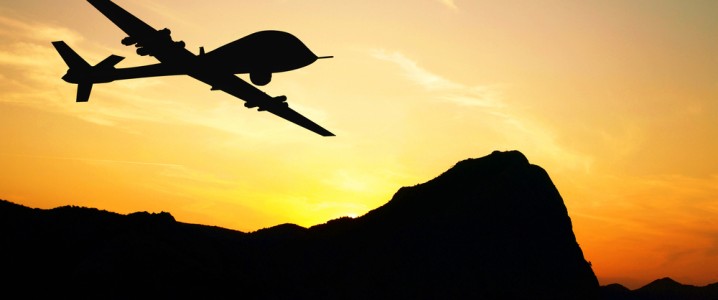Norwegian oil and gas producer DNO ASA has resumed production at its two operated oilfields in Iraq’s semi-autonomous region of Kurdistan, following a halt of several weeks after drone attacks in the middle of July.
DNO temporarily halted operations at its Tawke field in Kurdistan following three explosions on July 16, one involving a small storage tank at Tawke and another involving surface processing equipment at Peshkabir. At the time, the company expected to restart production once the damage assessment is completed.
In a second-quarter results release, DNO said on Thursday that “while months-long repairs are pending and security concerns remain following drone strikes on DNO-operated fields in Kurdistan, DNO has ramped up gross production on a test basis to 55,000 boepd, about evenly split between the Tawke and Peshkabir fields.”
In mid-July, explosive drone strikes by unidentified parties impacted operations of a number of international oil companies in Kurdistan, including DNO’s operations at its Tawke license, in which the company holds 75% and is the operator. No individuals were injured, but surface processing equipment at Peshkabir and an oil storage tank at Tawke were hit.
“With revenues secured through local sales, in addition to long-term repairs, DNO is planning to recommence drilling to return to pre-Iraq-Türkiye Pipeline shutdown production levels of 100,000 boepd,” the Norway-based company said.
Other producers also suspended operations at Kurdistan’s oilfields following the attacks, while Kurdistan’s crude oil exports via the Iraq-Turkey pipeline to the Turkish port of Ceyhan on the Mediterranean remain shut in, as they have been since March 2023.
Before the halt to exports, oil supply from Kurdistan averaged more than 400,000 barrels per day (bpd).
The federal government in Baghdad and the regional Kurdish government in Erbil continue to quarrel over who should be responsible for the oil exports and the subsequent revenue distribution.
The federal authorities say Baghdad should have sole discretion in handling oil exports and oil revenues. Despite Baghdad’s claims that oil exports would resume at any moment, the key outlet of Kurdistan’s oil remains shut.
By Tsvetana Paraskova for Oilprice.com
More Top Reads From Oilprice.com

